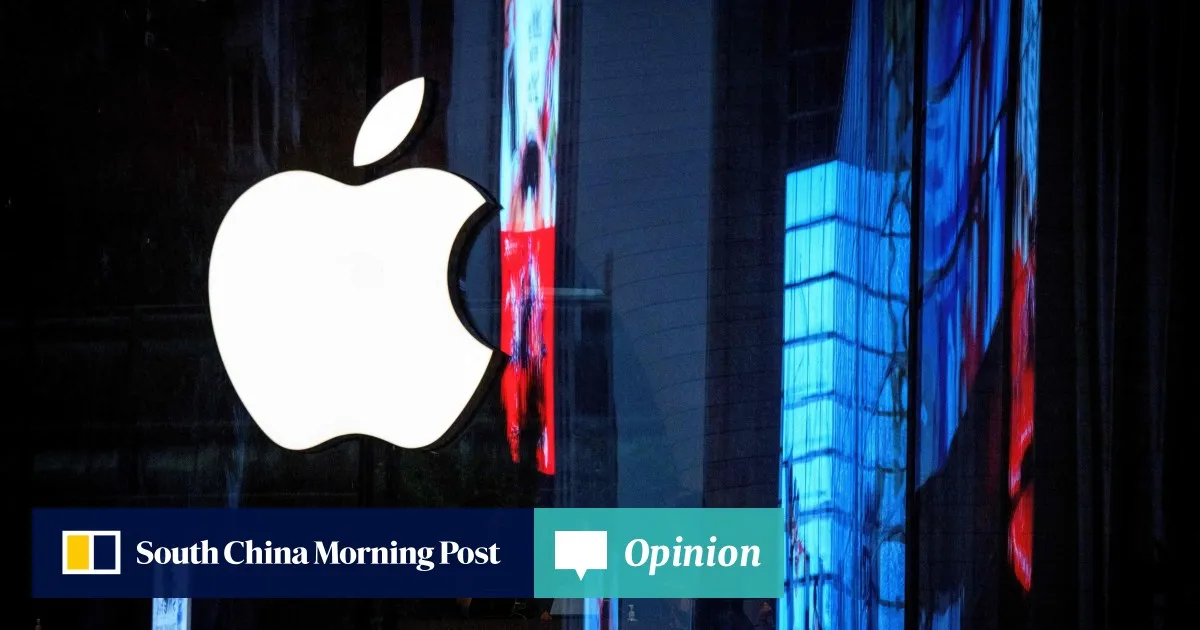Soft Power Risks: Apple's Thai Advertisement Controversy Explained

Soft Power and Its Implications for Brands
Soft power controversies can impact global brands significantly. Apple’s comedic advertisement titled “Underdogs,” which featured scenarios set in Thailand, faced criticism from Thais who viewed it as portraying their culture in a negative light. An unexpected backlash forced Apple to quickly remove the video and apologize, highlighting the intricacies of cultural representation.
The Importance of Cultural Sensitivity
In a world increasingly interconnected through digital media, brands like Apple must navigate cultural sensitivities carefully. Similar situations arose for D&G and Dior, both of which faced backlash for ads perceived as culturally insensitive in China. The importance of understanding local contexts cannot be overstated; brands that neglect this may find themselves embroiled in damaging controversies.
- Joseph Nye's concept of soft power illustrates the influence that brands can have, but this influence comes with scrutiny.
- Apple's predicament underscores how companies must meticulously manage marketing strategies.
Lessons Learned from Apple's Experience
Global conglomerates seeking to expand their reach must prioritize not only positive representation but also establish a robust crisis management plan. Apple’s quick response prevented further reputation damage, particularly with the anticipated iPhone 16 launch on the horizon.
- Understand cultural nuances before launching campaigns.
- Act swiftly to mitigate fallout in the event of criticism.
- Maintain a dialog with stakeholders in different regions.
As companies leverage soft power, their capacity to influence global markets grows, but so does the risk of backlash if they do not tread carefully.
This article was prepared using information from open sources in accordance with the principles of Ethical Policy. The editorial team is not responsible for absolute accuracy, as it relies on data from the sources referenced.